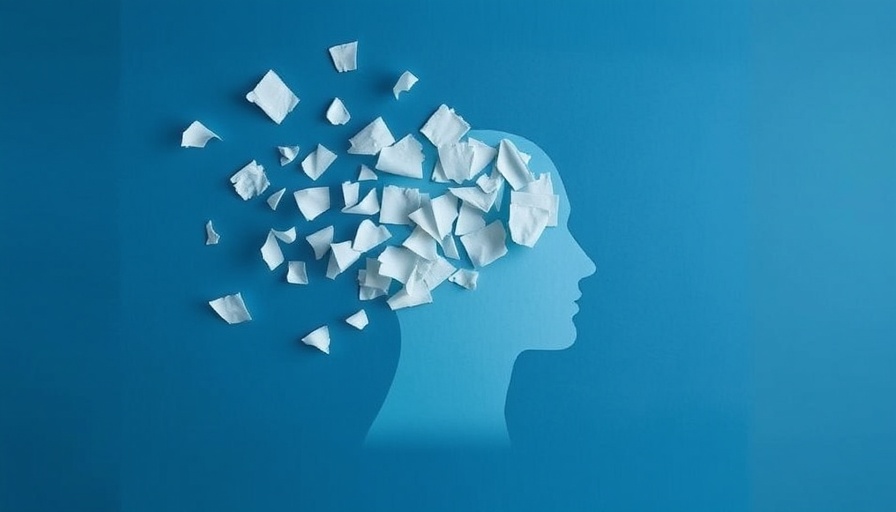
Music-Based Therapy: A Harmony of Healing for Dementia Patients
In a groundbreaking study, researchers have suggested that music-based therapy may hold significant promise for improving depressive symptoms in individuals with dementia. As dementia affects millions worldwide, leading to cognitive decline and emotional struggles, finding effective non-pharmacological interventions becomes increasingly vital. This study aligns with emerging trends in holistic care approaches, spotlighting music therapy as a critical avenue for emotional and cognitive improvement.
The Power of Music in Mental Health
For centuries, music has been intertwined with human culture, serving as a comforting companion in times of distress. Recent studies underscore that music functions on multiple brain levels, offering emotional and cognitive benefits. Insight into how music interacts with the brain’s neuroplasticity suggests it can revitalize cognitive functions even in older adults suffering from dementia. This non-invasive mode of therapy can induce feelings of happiness and calm, creating a sense of connection, particularly when personalized to reflect individual musical tastes.
Understanding the Impact of Depression in Dementia
Depression is prevalent among dementia patients, adversely impacting their quality of life. Many individuals experience increased anxiety, agitation, and a reduced ability to engage socially. Traditional pharmacological treatments often fall short, leading researchers to explore alternative therapies that can address this pressing issue from a holistic perspective. Exploring music therapy as an alternative presents a unique approach to enhancing patient well-being and emotional stability.
Historical Significance of Music Therapy in Dementia
Historically, music therapy has roots in various cultures where it was recognized for its healing potential. Ancient Greeks, Indians, and Arabs composed music specifically aimed at healing mental ailments. Present-day research reinforces these traditional beliefs, showcasing that music's therapeutic effects are based on its ability to stimulate brain activity and trigger emotional responses, providing relief and restoring happiness.
Effective Music Therapy Approaches
The recent network meta-analysis reviewed multiple randomized controlled trials and established that active music therapy combined with singing demonstrates the most substantial improvement in depressive symptoms among dementia patients. This approach incorporates interactive and engaging elements, ensuring that participants feel connected to the music, ultimately fostering social interaction that is essential for mental health. In contrast, passive listening, while beneficial, revealed lesser effects in alleviating depressive symptoms.
The Role of Caregivers and Family
Caregivers and family members play a crucial role in implementing music therapy effectively. Understandably, holding a session that incorporates familiar songs fosters reminiscence and connection with loved ones. Caregivers trained in using music therapy techniques can create a supportive environment that deepens relationships and enhances communication between patients and their families, decreasing the cognitive and emotional burden often experienced in dementia care.
Challenges and Future Directions
Despite promising findings, the implementation of music therapy in clinical settings faces hurdles. Variability in standards, accessibility of trained therapists, and tailoring music interventions to suit individuals’ preferences present challenges that need addressing. As interest in music therapy grows, the potential for larger-scale studies and clearer guidelines will only enhance its acceptance and effectiveness in dementia treatment plans.
Conclusion: A Symphonic Future for Dementia Care
The integration of music therapy into dementia care paradigms not only shows potential in managing depressive symptoms but also enriches the quality of life for those affected by this debilitating condition. It symbolizes a shift towards more engaging, holistic approaches that embrace the emotional and social dimensions of health. As society continues to confront the complexities of dementia, innovative strategies like music-based therapy represent a hopeful direction for improving patient outcomes. Listening to the sound of healing may well become a tune for the future as researchers and caregivers strive towards enriching lives through music.
 Add Row
Add Row  Add
Add 




Write A Comment